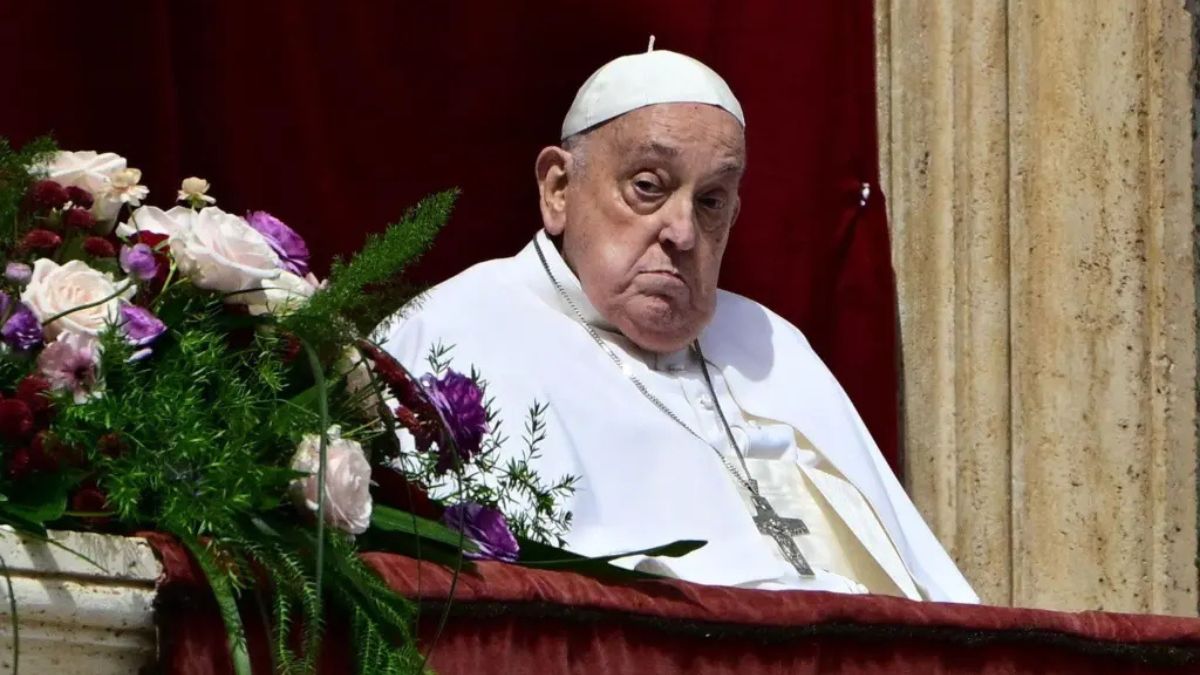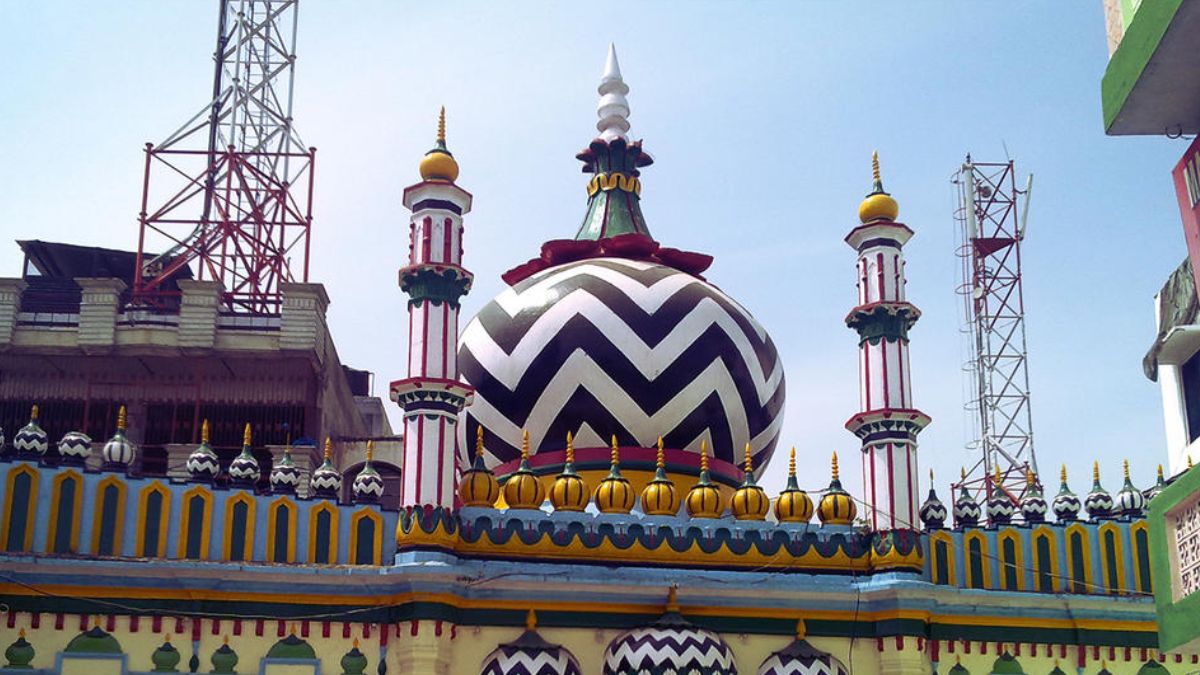As the crescent moon graces the night sky and the world quietly turns the page to 1447 A.H., Muslims everywhere pause to welcome the Hijri New Year a moment not of festivity, but of profound spiritual reflection and heartfelt remembrance. The first day of Muharram is more than a new beginning on the Islamic calendar; it is a sacred threshold, echoing with the footsteps of the Prophet Muhammad (peace be upon him) and the sacrifices of his beloved family. Unlike the exuberant celebrations that mark the Gregorian New Year, the Islamic New Year is a time for deep spiritual reflection, remembrance, and renewed commitment to faith. This year, the Hijri calendar turns to 1447 A.H., expected to begin on or around June 27, 2025, depending on the lunar sighting.
The Hijrah: A Journey of Faith and Hope
The Hijri calendar’s foundation is rooted in one of the most pivotal moments in Islamic history: the Hijrah, or divinely ordained migration of the Prophet Muhammad Sallallahu Alaihi Wa Sallam (peace be upon him) and his followers from Mecca to Medina in 622 C.E. This journey was not merely a physical migration but a turning point that allowed the nascent Muslim community to flourish, establish its first Islamic state, and lay the groundwork for a civilization that would change the course of history.
Imagine the fear, uncertainty, and yet unshakable trust in Allah that filled the hearts of the Prophet and his companions as they left behind their homes, their memories, and their very way of life for the sake of faith. The Hijrah was not merely a relocation; it was a leap of faith that laid the foundation for a new era of justice, mercy, and brotherhood in human history.
The Hijrah marks the beginning of the Islamic calendar, symbolizing sacrifice, resilience, and the pursuit of justice and faith. It is a powerful reminder that Islam’s legacy is built upon courage, unity, and trust in God’s plan. The Hijrah teaches us that every hardship endured for the sake of Allah is a step toward His mercy. It is a story of hope in the darkest of nights, of courage when all seems lost, and of the ultimate triumph of truth over falsehood
Muharram: A Sacred Month of Reflection
Muharram, the first month of the Hijri calendar, is one of the four sacred months in Islam. Its name, derived from the Arabic root “haram” (forbidden), reflects the sanctity Allah has placed upon it. Warfare is forbidden, and Muslims are encouraged to fill their days and nights with prayer, fasting, and acts of charity. Fasting, especially on the 10th day of Muharram (Ashura), is highly recommended, as it was a practice of the Prophet Muhammad Sallallahu Alaihi Wa Sallam, (peace be upon him) and a means of seeking forgiveness and blessings.
The Prophet Muhammad Sallallahu Alaihi Wa Sallam (peace be upon him) said,
“The best of fasting after Ramadan is fasting in Allah’s month of Muharram.”
(Sahih Muslim)
Muharram is a time to cleanse the heart, to seek forgiveness, and to renew one’s commitment to Allah. It is a month that calls the believer to leave behind the burdens of the past year and to step forward with sincerity and hope.
Tragedy of Karbala: The Pinnacle of Sacrifice
The 10th day of Muharram, known as Ashura, is a day that stirs the deepest emotions in the hearts of Muslims. It commemorates multiple historic events, but no discussion of Muharram is complete without reflecting on the historic and heart-wrenching events of Karbala. On this day in 61 A.H., Imam Hussain ibn Ali (may Allah be pleased with him), the beloved grandson of the Prophet Muhammad Sallallahu Alaihi Wa Sallam (peace be upon him), stood with his family and a handful of loyal companions against the forces of tyranny and injustice.
Surrounded, thirsty, and outnumbered, Imam Hussain refused to surrender his principles to the corrupt ruler Yazid. He watched his loved ones fall, one by one, yet his faith never wavered. His final moments were a testament to the ultimate sacrifice for truth, dignity, and the love of Allah. The plains of Karbala were stained with the blood of innocence, but also illuminated by the light of unwavering faith.
The tragedy of Karbala is a defining moment in Islamic history. For millions, the memory of Karbala is not just history it is a living inspiration. It is a call to stand for justice, to speak truth to power, and to remain steadfast in the face of overwhelming odds. The tears shed for Imam Hussain are tears of love, loyalty, and longing for a world where righteousness prevails.
How Muslims Observe the Hijri New Year
The Islamic New Year is generally observed in a solemn and spiritual manner. While customs may vary across cultures and regions, the essence remains the same: a time for prayer, self-examination, and setting religious resolutions for the year ahead. Common practices include:
Special Prayers and Qur’an Recitation: Many Muslims spend the night in prayer, seeking forgiveness and guidance for the coming year.
Fasting: Fasting on the 9th and 10th of Muharram is a Sunnah, commemorating the deliverance of Prophet Moses (peace be upon him) and his followers from Pharaoh, and in remembrance of Imam Hussain’s sacrifice.
Charity and Good Deeds: Increased acts of charity and kindness are encouraged, reflecting the spirit of compassion that defines the month. Acts of charity multiply, as believers remember the suffering of Imam Hussain and the needy everywhere.
Remembrance Gatherings: In mosques and homes, the stories of the Prophet’s migration and the sacrifice at Karbala are retold, not just as tales of the past, but as living lessons for today. Children learn of courage and compassion; adults renew their vows to walk the path of righteousness. Muslim gatherings are held to recount the events of Karbala, reflect on its lessons, and renew commitments to justice and faith.
A Time for Unity and Renewal
The Hijri New Year is recognized as a public holiday in over 20 countries, including the United Arab Emirates, Morocco, and Syria. However, it is not marked by fireworks or festivities, but by a collective turning of hearts towards God, gratitude for the past, and hope for the future.
As Muslims worldwide enter 1447 A.H., the lessons of the Hijrah and Karbala serve as beacons of guidance. The Islamic New Year is an invitation to renew one’s faith, strengthen community bonds, and strive for personal and societal betterment.
The Hijri New Year is a time to look inward and upward. It is a moment to ask:
- Have I lived up to the teachings of the Prophet (peace be upon him)?
- Have I stood for justice, as Imam Hussain did?
- Am I ready to begin anew, with a heart full of hope and a soul dedicated to Allah?
Embracing the Spirit of Muharram
The Hijri New Year is more than a date on the calendar; it is a profound reminder of Islam’s glorious history, the sacrifices of its heroes, and the enduring values of justice, patience, and devotion. As the new year begins, Muslims are called to reflect on their journey, seek forgiveness, and make resolutions that honor the legacy of the Prophet Muhammad Sallallahu Alaihi Wa Sallam (peace be upon him), Imam Hussain, and all those who paved the way for a brighter, more compassionate world.
As the world marks 1447 A.H., let us pray for peace in our hearts and in our lands. Let us remember the sacrifices of those who came before us, and let us strive to honor their legacy with every word, every prayer, and every act of kindness.
O Allah, make this a year of blessings, forgiveness, and unity for the Ummah. Grant us the courage of the Prophet, the steadfastness of Imam Hussain, and the mercy that You have promised to those who turn to You with sincerity. Ameen.
May the Hijri New Year bring peace, blessings, guidance, and the light of faith to all.




